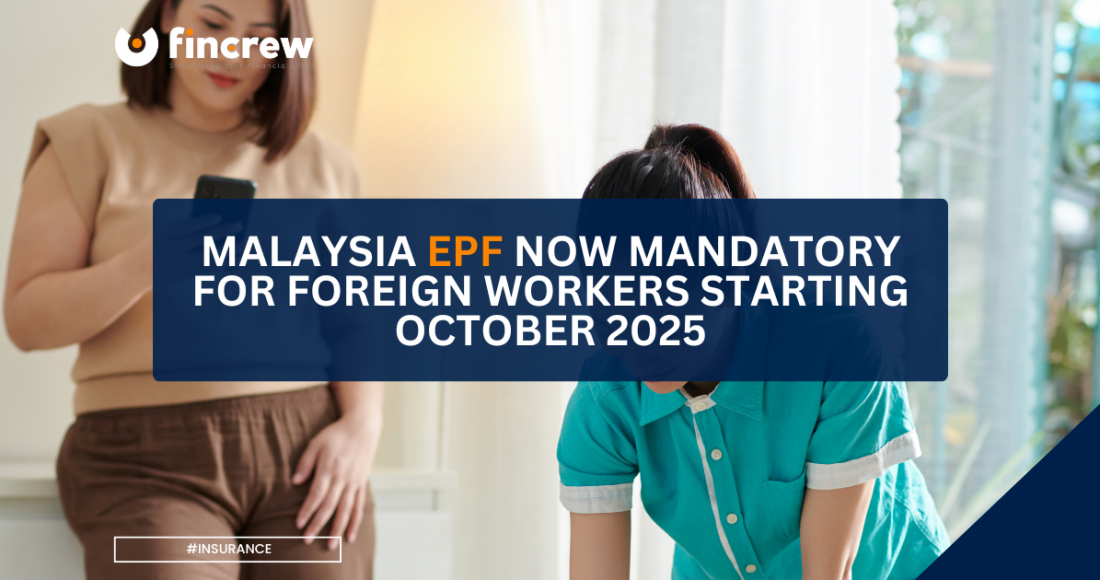Starting 1 October 2025, foreign employees working in Malaysia will be included under the Employees Provident Fund (EPF) scheme—marking a major policy shift aimed at enhancing social protection for all workers, regardless of nationality.
This change follows the passing of the Employees Provident Fund (Amendment) Bill 2025, which expands Malaysia’s retirement savings scheme to include non-Malaysian employees holding valid work permits.
What’s Changing?
Previously, EPF contributions were mandatory only for Malaysian citizens. Foreign employees were allowed but not required to contribute. But from October 2025, this changes:
- Mandatory 2% contribution from employers
- Mandatory 2% contribution from foreign employees
- Applies to all foreign workers with valid employment passes
- Exemptions: Domestic workers such as maids, cleaners, and cooks
In short, if you’re hiring a foreigner, expect an additional 4% in combined monthly EPF contributions per employee starting Q4 2025.
Why the Change?
The policy reflects Malaysia’s broader goals under the 13th Malaysia Plan (RMK13) to promote equitable retirement protection for all workers while keeping employer burden manageable.
While the standard EPF contribution for Malaysian citizens ranges between 11% (employee) and 12-13% (employer), the 2% rate for both foreign employees and employers strikes a balance between inclusivity and cost control.
This will provide foreign workers with a safety net, especially those staying long-term or who may wish to withdraw their savings when leaving Malaysia.
Employer Responsibilities: What You Need to Do
If you employ foreign workers, here’s how to prepare before October:
1. Register with EPF
Employers who haven’t done so must register via the EPF portal or at any EPF branch.
2. Update Payroll Systems
Ensure your HR/payroll software includes the new 2% contributions for both employer and foreign employee.
3. Review Contracts
Make necessary amendments to:
- Offer letters
- Employment contracts
- Collective agreements
4. Communicate Internally
Inform your HR teams and foreign employees about the new deductions and their rights to withdraw funds upon final exit.
What About Withdrawals?
Foreign employees will be allowed to withdraw their full EPF balance when they:
- Leave Malaysia permanently, and
- Terminate their employment in the country
This gives them financial flexibility and ensures their contributions don’t get locked indefinitely.
What It Means for the Market
From a macro perspective, this policy enhances Malaysia’s commitment to protecting all workers, not just citizens. It also reflects global trends where countries are seeking to extend retirement safety nets to migrant labor populations.
For employers, while the cost impact is minimal, it’s still a compliance priority. Failing to register or contribute will result in penalties and potential legal action.
📝 Final Thoughts
While the 2% rate may seem minor, it represents a significant step toward fairer labor practices and long-term financial inclusion for foreign workers in Malaysia.
At Fincrew, we encourage employers and employees alike to stay informed, compliant, and prepared—especially when it comes to financial planning, payroll adjustments, and insurance integrations.





